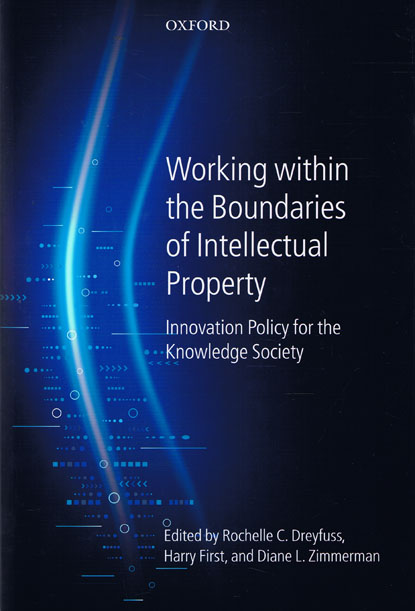
Wildy's Book of the Month - March 2010
This book is the long-awaited companion volume to the highly acclaimed Expanding the Boundaries of Intellectual Property, published by OUP in 2001. That book argued for strong private rights whilst at the same time calling for caution in the expansionary trend.
In the period since the first volume, intellectual property protection has grown ever stronger, and this new book focuses on finding ways to cope with the fragmentation of rights and the complex framework this expansion of rights has created.
At the core of the book are considerations of such initiatives as patent clearing models, standard setting organizations, licensing arrangements and informal work-arounds. It also examines the measures that seek to protect the public domain, including strategic licensing, collective rights organizations, and non-profit ventures such as creative commons and open-source publishing.
Drawing on expertise from a number of disciplines including law, economics and sociology, the book is international in approach and fuses scholarly research with legal practice. It will be of great interest to scholars in intellectual property and innovation, policy-makers, and practitioners with an interest in the future of the field.